Cuando los saberes no dialogan. Prácticas en conflicto en el Parque Costero Sur (Buenos Aires)
DOI:
https://doi.org/10.30972/bon.2914109Palabras clave:
Comunidad local, conocimiento local, etnobiología, patrimonio biocultural, Punta del IndioResumen
El presente trabajo se centró en el partido de Punta Indio (Provincia de Buenos Aires) y tuvo como objetivo relevar las narrativas de los actores involucrados (gestores, docentes y pobladores) sobre el Parque Costero del Sur (PCS) como patrimonio biocultural de la UNESCO. Se aplicaron métodos y técnicas cualitativas usuales en el trabajo etnobiológico. El PCS es escenario de numerosos conflictos debido a la condición de área protegida habitada. Las principales problemáticas relevadas a través de las narrativas se relacionan con la actividad minera, la pavimentación de la RP Nº 11, la prohibición del uso de especies nativas, la dicotomía nativo/exótico y las prácticas asociadas, las especies mencionadas y los espacios representativos. Estas problemáticas incluyen tanto aspectos biológicos como culturales. En general, en los pobladores se puede observar cómo ambos aspectos se entrelazan, mientras que en las narrativas de los docentes y gestores del PCS estas dimensiones tienden a separarse. Esta diferencia depende fundamentalmente de la residencia (o no) en la localidad de Punta del Indio, de los intereses económicos y las actividades desarrolladas. Estos intereses impiden el diálogo entre dichos actores, aspecto que puede ser vehiculizado desde la etnobiología.Descargas
Los datos de descargas todavía no están disponibles.
Publicado
2020-02-06
Cómo citar
Doumecq, M. B., Petrucci, N. S., & Stampella, P. C. (2020). Cuando los saberes no dialogan. Prácticas en conflicto en el Parque Costero Sur (Buenos Aires). Bonplandia, 29(1), 57–70. https://doi.org/10.30972/bon.2914109
Número
Sección
Artículos originales
Licencia
Declaration of Adhesion to Open Access
- All contents of Bonplandia journal are available online, open to all and for free, before they are printed.
Copyright Notice
- Bonplandia magazine allows authors to retain their copyright without restrictions.
- The journal is under a Creative Commons Attribution 4.0 International license.
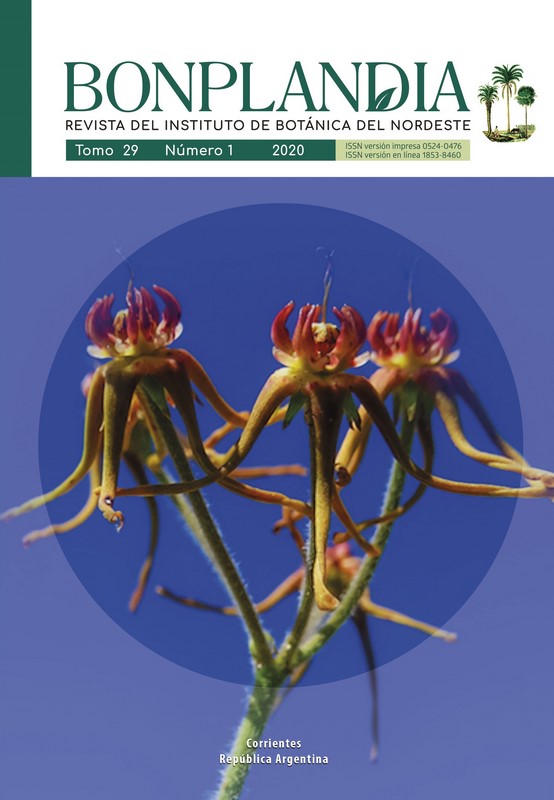




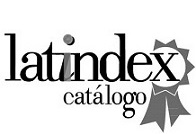

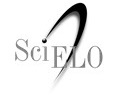




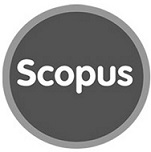

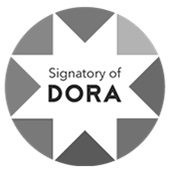
.jpg)


